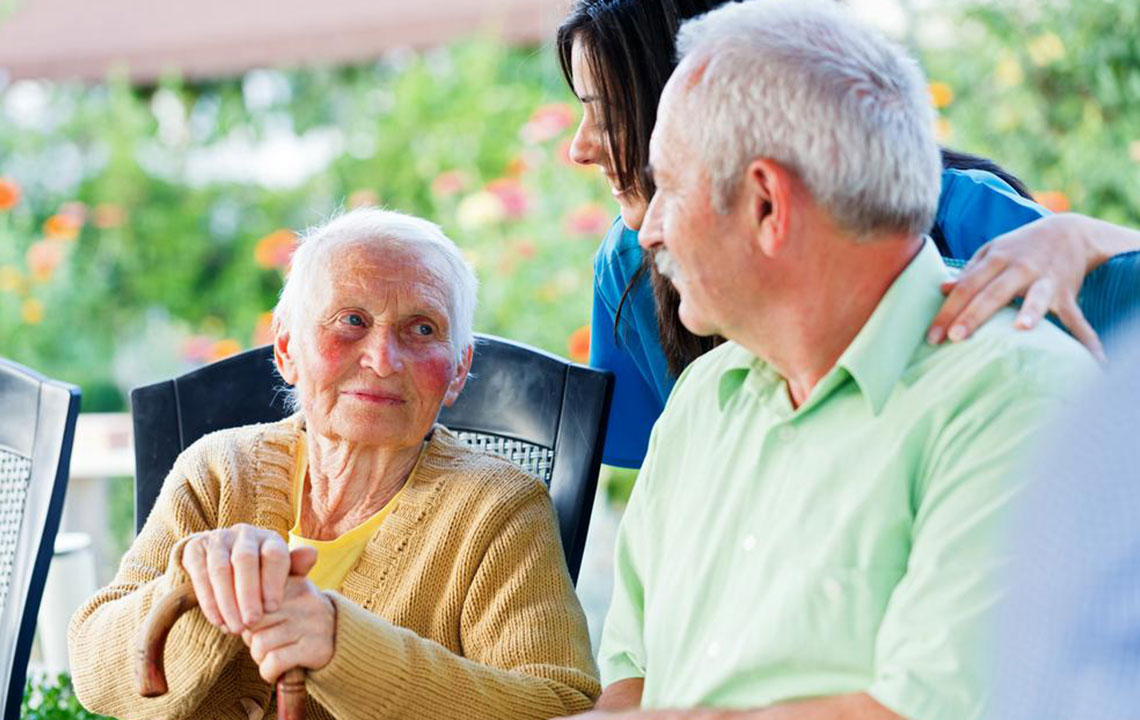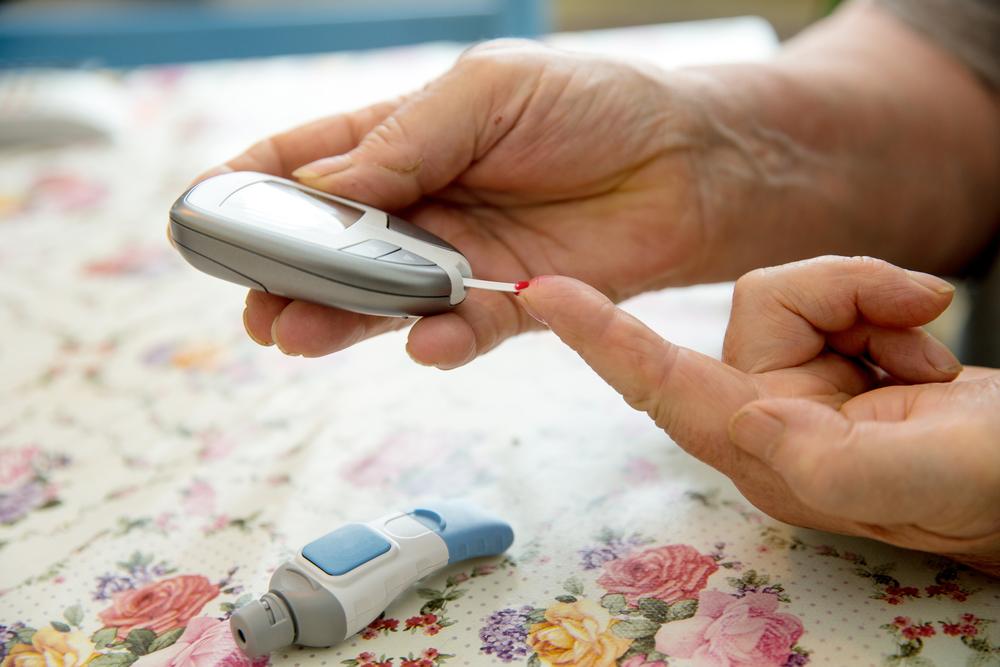Early Indicators and Progression of Huntington’s Disease
Huntington’s Disease is a hereditary neurological disorder that progressively deteriorates brain function, leading to movement, cognitive, and emotional challenges. Recognizing early signs such as clumsiness, involuntary movements, and mood changes can aid in timely diagnosis. The disease advances through three stages, from initial coordination issues to complete dependence. Understanding its genetic basis and progression helps in managing symptoms and preparing for the care needed in later stages.
Sponsored

Recognizing the Initial Signs and Stages of Huntington’s Disease
Huntington’s Disease (HD) is a hereditary, progressive neurodegenerative disorder that leads to brain cell deterioration. It affects physical movements, mental functions, and emotional health, often resulting in severe disability. This incurable condition can manifest in various psychiatric issues such as mood swings, OCD, and bipolar disorder, alongside movement and cognitive difficulties. Patients may find daily activities increasingly challenging, eventually relying on others for support. Over time, nerve cells continually deteriorate, worsening symptoms.
Approximately 1 in 10,000 Americans face HD. Typically developing between ages 30-40, early detection is vital for management. Symptoms include clumsiness, involuntary jerking or shaking, memory lapses, emotional flatness, depression, mood swings, abnormal eye movements, insomnia, and thoughts of death or suicide. The disorder stems from a defective gene, inherited in an autosomal dominant pattern, with a 50% chance of passing it to offspring.
The disease progresses through three stages:
Stage 1: Initial phase involving impaired coordination, involuntary movements, speech issues, mood fluctuations, and irritability, often requiring indoor confinement for safety.
Stage 2: Movement difficulties intensify, affecting walking and swallowing. Speech may fade, and daily tasks become harder, necessitating therapy.
Stage 3: Advanced stage where individuals depend entirely on caregivers. Walking and speaking become impossible, but awareness of surroundings remains. Risk of choking increases, making this stage potentially fatal.






